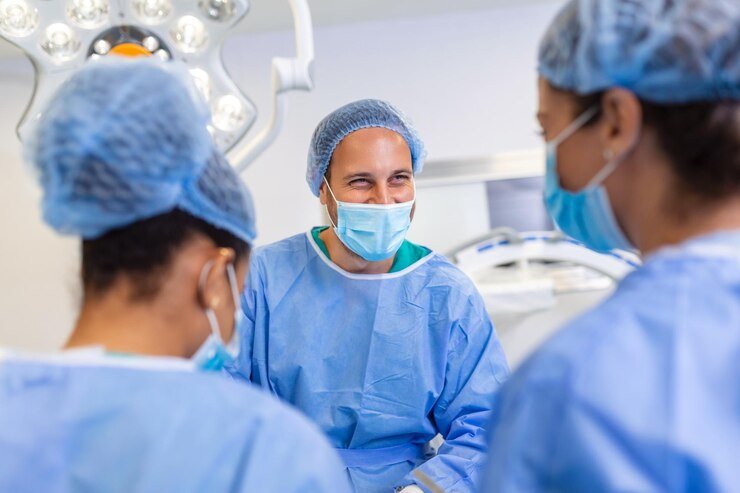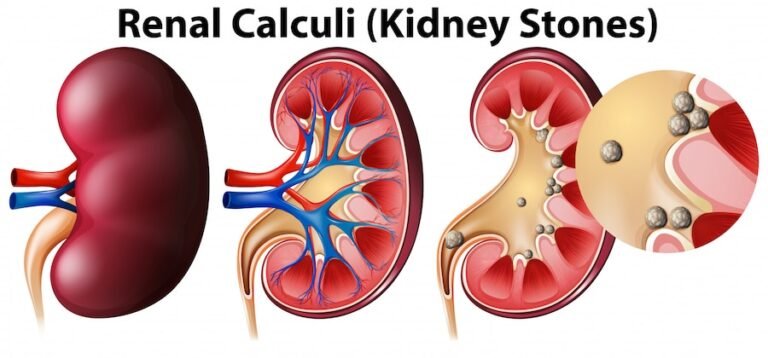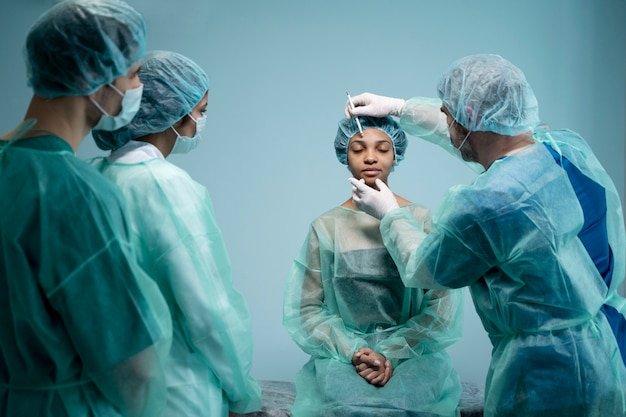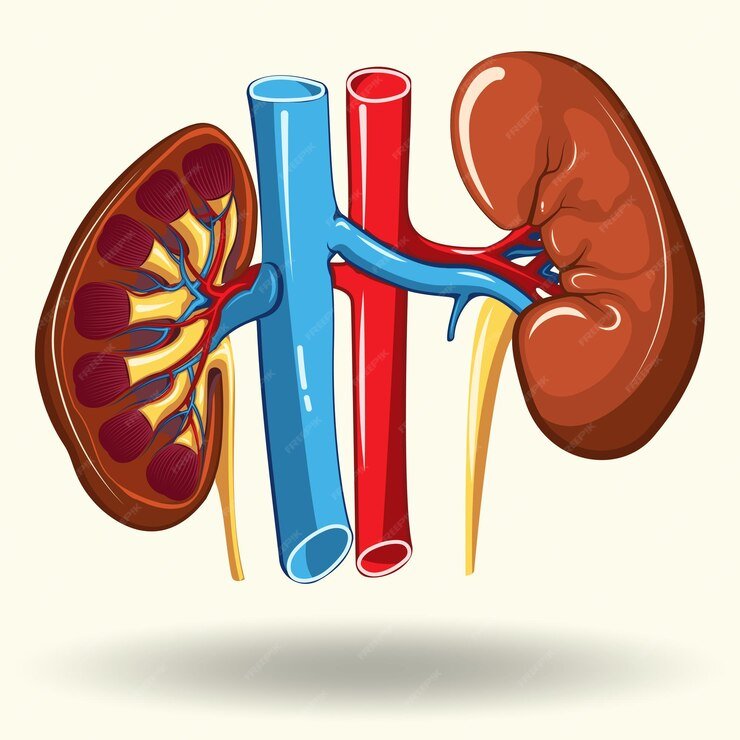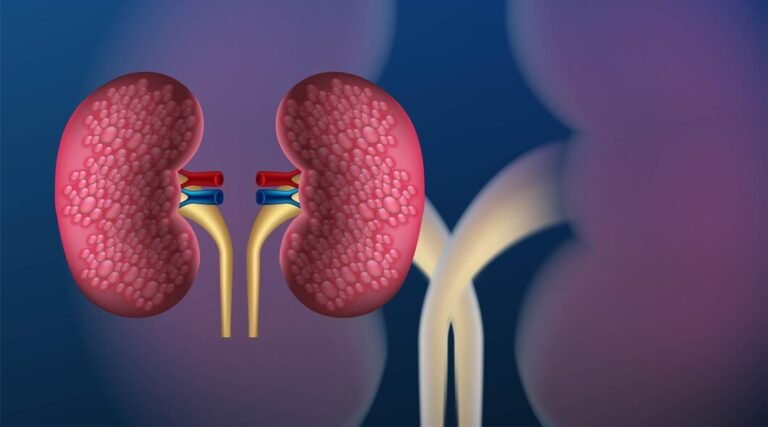Prostate Cancer Surgery in Ashok Vihar: An Overview of Options and Considerations
One of the most prevalent tumors that affect men, especially those over 50, is prostate cancer. While early detection through screenings can lead to successful treatment, many men require surgery as part of their treatment plan. If you or a loved one is seeking prostate cancer surgery in Ashok Vihar, it’s crucial to understand the options available, the procedures involved, and how to choose the right healthcare provider.
To know more about click here
Understanding Prostate Cancer Surgery
Prostate cancer surgery, also known as a prostatectomy, involves the partial or complete removal of the prostate gland. Surgery is typically recommended when the cancer is localized to the prostate and hasn’t spread to other parts of the body. The goal is to remove the cancerous cells and prevent the cancer from spreading further.
Types of Prostate Cancer Surgery
There are several types of prostate cancer surgeries that patients in Ashok Vihar may consider, depending on the stage of the cancer, the patient’s health, and the surgeon’s recommendation. The main types include:
Radical Prostatectomy
Open Radical Prostatectomy: This is the traditional surgical approach where the surgeon makes an incision in the lower abdomen to remove the prostate gland. It’s effective in removing the cancer but can result in longer recovery times.
Laparoscopic Radical Prostatectomy: This is a minimally invasive procedure that uses small incisions and a camera to guide the removal of the prostate. It usually results in less pain and quicker recovery than open surgery.
Robotic-Assisted Laparoscopic Prostatectomy: A highly advanced form of laparoscopic surgery, this procedure uses robotic technology to assist the surgeon in performing the prostatectomy with greater precision. It is becoming increasingly popular due to its minimally invasive nature and faster recovery times.
Transurethral Resection of the Prostate (TURP)
TURP is a procedure primarily used for patients with early-stage prostate cancer or for those who need symptom relief from urinary problems caused by the cancer. The surgeon inserts a special instrument through the urethra to remove part of the prostate tissue. For patients considering Prostate Cancer Surgery In Ashok Vihar, TURP can be a viable option depending on the stage of cancer and overall health. Additionally, cryosurgery is another alternative, which involves freezing the cancerous cells within the prostate.
Also known as cryotherapy, this method involves freezing cancerous cells in the prostate. Although it is less commonly used than prostatectomy, cryosurgery can be an option for patients who are not candidates for traditional surgery.
Focal Therapy
Focal therapy is a less invasive option that targets only the areas of the prostate that contain cancer. Techniques like high-intensity focused ultrasound (HIFU) and laser therapy can be used to destroy cancerous tissue while preserving the rest of the prostate.
Post-Surgery Considerations
While prostate cancer surgery is often effective, patients should be aware of potential side effects and complications that can arise. Some of the most common include:
Urinary Incontinence: Many men experience difficulty controlling their bladder after prostate surgery. This can be temporary or, in some cases, permanent.
Erectile Dysfunction: Erectile dysfunction may result from nerve injury sustained after surgery. However, many men regain function over time, and various treatments are available to assist with recovery.
Bowel Dysfunction: Some patients may experience changes in bowel habits, although this is less common.
Recovery Time: The recovery period varies depending on the type of surgery. Laparoscopic and robotic-assisted surgeries generally result in quicker recovery than open surgeries, but all types of surgery require time for healing.
Patients should discuss these potential risks with their healthcare provider and develop a post-surgery care plan that includes physical therapy, counseling, and follow-up appointments to ensure optimal recovery.
Choosing the Right Surgeon in Ashok Vihar
- Experience and Specialization
Look for a surgeon who specializes in urology and has significant experience in performing prostate cancer surgeries. Surgeons with expertise in robotic-assisted procedures, for example, may offer the latest in minimally invasive techniques, which can lead to better outcomes. - Technology and Facilities
The availability of advanced technology, such as robotic surgical systems and specialized imaging equipment, can significantly improve the success of prostate cancer surgery. Ensure that the hospital or clinic you choose in Ashok Vihar is equipped with modern facilities. - Patient-Centered Care
Prostate cancer surgery is a complex procedure that requires comprehensive care before, during, and after the surgery. Choose a healthcare provider that offers personalized treatment plans, compassionate care, and a strong support system to guide you through recovery. - Reputation and Reviews
Before selecting a surgeon or hospital, check patient reviews and testimonials. A surgeon’s reputation in the field and the feedback of former patients can provide valuable insights into their expertise and patient care. - Follow-Up and Support
Post-surgery follow-up care is essential for monitoring recovery and addressing any side effects that may arise. Choose a healthcare provider in Ashok Vihar that offers consistent follow-up care, including physical therapy, psychological support, and ongoing cancer screenings.
Recovery and Life After Prostate Cancer Surgery
Recovery after prostate cancer surgery varies from patient to patient, depending on the type of surgery and the individual’s health. Generally, patients are advised to take the following steps for a smooth recovery:
Rest and Gradual Activity: It’s essential to take time to rest after surgery, but patients should gradually reintroduce light physical activity to aid in recovery. After undergoing Prostate Cancer Surgery In Ashok Vihar, following a structured recovery plan that includes gentle exercises can help speed up healing and improve overall well-being. Patients are encouraged to balance rest with gradual physical activity, as it plays a key role in regaining strength and promoting a smoother recovery process.
Physical Therapy: For patients experiencing urinary incontinence or erectile dysfunction, physical therapy can help speed recovery and improve quality of life.
Emotional Support: A cancer diagnosis and subsequent surgery can take a toll on mental health. Seek out counseling or support groups to help you through the recovery process.
Regular Check-Ups: Post-surgery, regular check-ups are essential to ensure that the cancer has not returned and that any complications are addressed promptly.
Conclusion
Prostate cancer surgery is a critical treatment option for many men diagnosed with prostate cancer. For residents seeking Prostate Cancer Surgery In Ashok Vihar, finding the right surgeon and facility is key to ensuring a successful outcome. Whether you opt for traditional open surgery or more advanced robotic-assisted procedures, a comprehensive treatment plan tailored to your specific needs will give you the best chance of recovery. https://ummeedurologyandgynecology.com/

